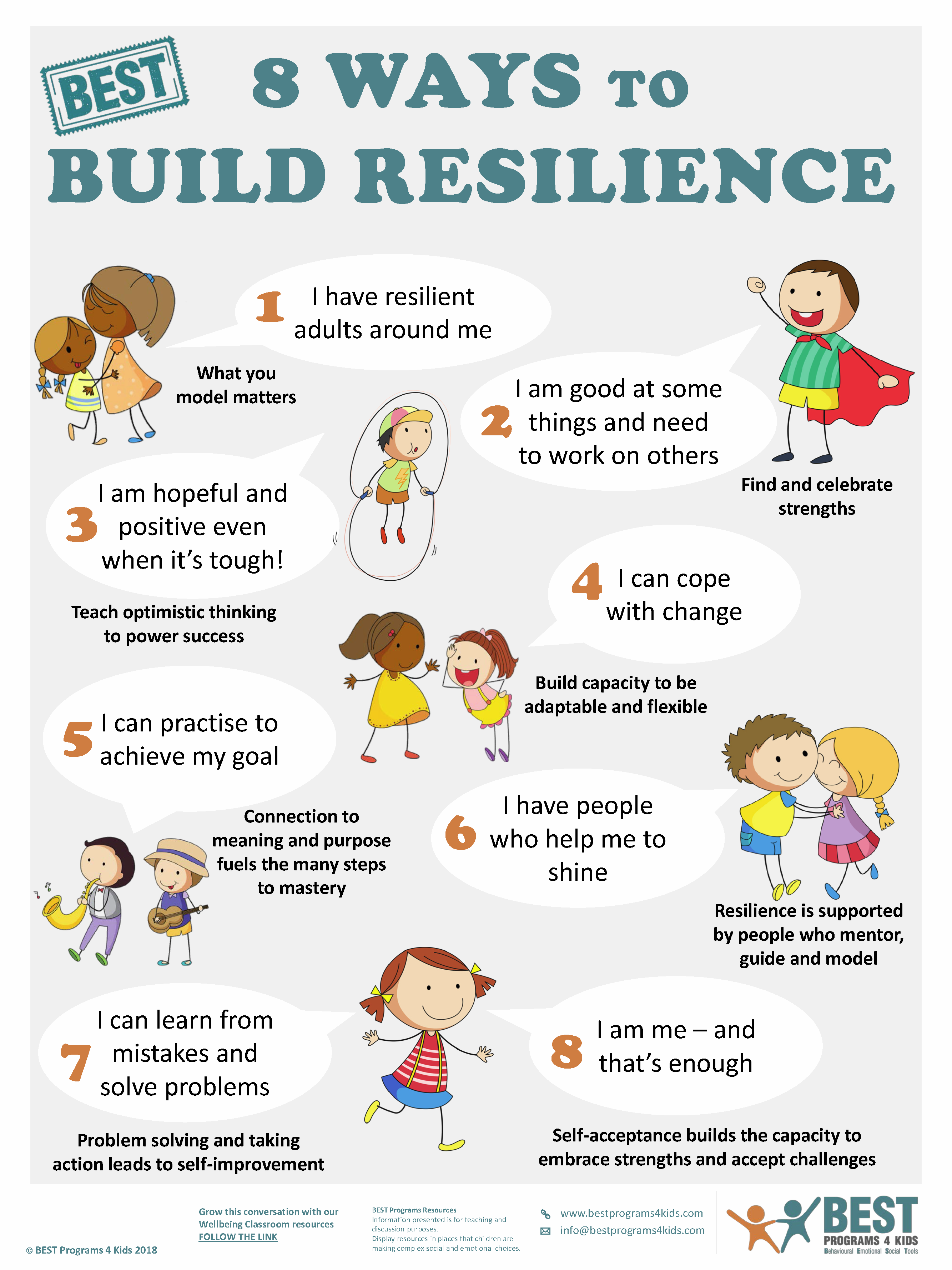How to Build Resilience - A Complete Guide
Building resilience is a crucial skill that helps us navigate life's challenges and bounce back from adversity. Resilience is the ability to adapt to stress and adversity, and it can be developed and strengthened over time. In this comprehensive guide, we'll explore the many ways you can build resilience in your life.

What is Resilience?
Resilience is the ability to cope with stress, adversity, and difficult circumstances. It's the capacity to adapt to change, recover from setbacks, and overcome obstacles. Resilience is an essential skill that enables you to handle challenges and thrive in difficult situations.
Why is Resilience Important?
Resilience is crucial for a variety of reasons. It helps you cope with stress and adversity, bounce back from setbacks, and overcome obstacles. Resilience also promotes mental health and well-being, enhances your ability to make decisions, and improves your overall quality of life.
Benefits of Building Resilience
- Reduced stress and anxiety
- Improved mental health and well-being
- Increased productivity and performance
- Better decision-making skills
- Enhanced relationships and social connections
- Greater overall life satisfaction
How to Build Resilience
1. Cultivate a Positive Mindset
A positive mindset can help you build resilience by enabling you to focus on solutions rather than problems. To cultivate a positive mindset, practice gratitude, optimism, and positive self-talk. Focus on your strengths and accomplishments, and learn from your mistakes and failures.
2. Build Strong Relationships
Strong relationships are a key component of resilience. Build a support network of family, friends, and colleagues who you can turn to for help and guidance. Cultivate positive relationships by being supportive, kind, and empathetic.
3. Take Care of Your Physical Health
Physical health is closely linked to mental health, and taking care of your body can help you build resilience. Get regular exercise, eat a healthy diet, and get enough sleep. Avoid unhealthy behaviors like drug and alcohol abuse.
4. Develop Coping Strategies
Developing coping strategies can help you build resilience by enabling you to manage stress and adversity. Practice relaxation techniques like meditation and deep breathing. Learn problem-solving skills, and develop healthy coping mechanisms like journaling or talking to a therapist.
5. Embrace Change
Change is a natural part of life, and learning to embrace it can help you build resilience. Practice flexibility and adaptability, and learn to see change as an opportunity for growth and learning.
Pros and Cons of Building Resilience
Pros:
- Better stress management skills
- Improved mental health and well-being
- Increase in productivity and performance
- Enhanced relationships and social connections
Cons:
- Building resilience can be challenging and time-consuming
- It requires consistent effort and practice
- It can be difficult to maintain resilience in the face of ongoing stress and adversity
Conclusion
Building resilience is a lifelong process that requires effort and dedication. However, the benefits of resilience are many, and the skills you develop can help you thrive in all areas of your life. By cultivating a positive mindset, building strong relationships, taking care of your physical health, developing coping strategies, and embracing change, you can build resilience and thrive in the face of life's challenges.
FAQs
Q: What is the difference between resilience and toughness?
A: Resilience and toughness are often used interchangeably, but they are not the same thing. Toughness refers to the ability to endure hardship without being affected by it, while resilience refers to the ability to adapt to hardship and bounce back from it.
Q: Can anyone build resilience?
A: Yes, anyone can build resilience. Resilience is a skill that can be developed and strengthened over time.
Q: Is resilience something you're born with or can it be learned?
A: Resilience is a skill that can be learned and developed over time. While some people may be naturally more resilient than others, anyone can build resilience with practice and effort.
Q: How long does it take to build resilience?
A: Building resilience is a lifelong process that requires consistent effort and practice. While you may see some improvement in your resilience skills relatively quickly, it can take months or even years to fully build and strengthen your resilience.
